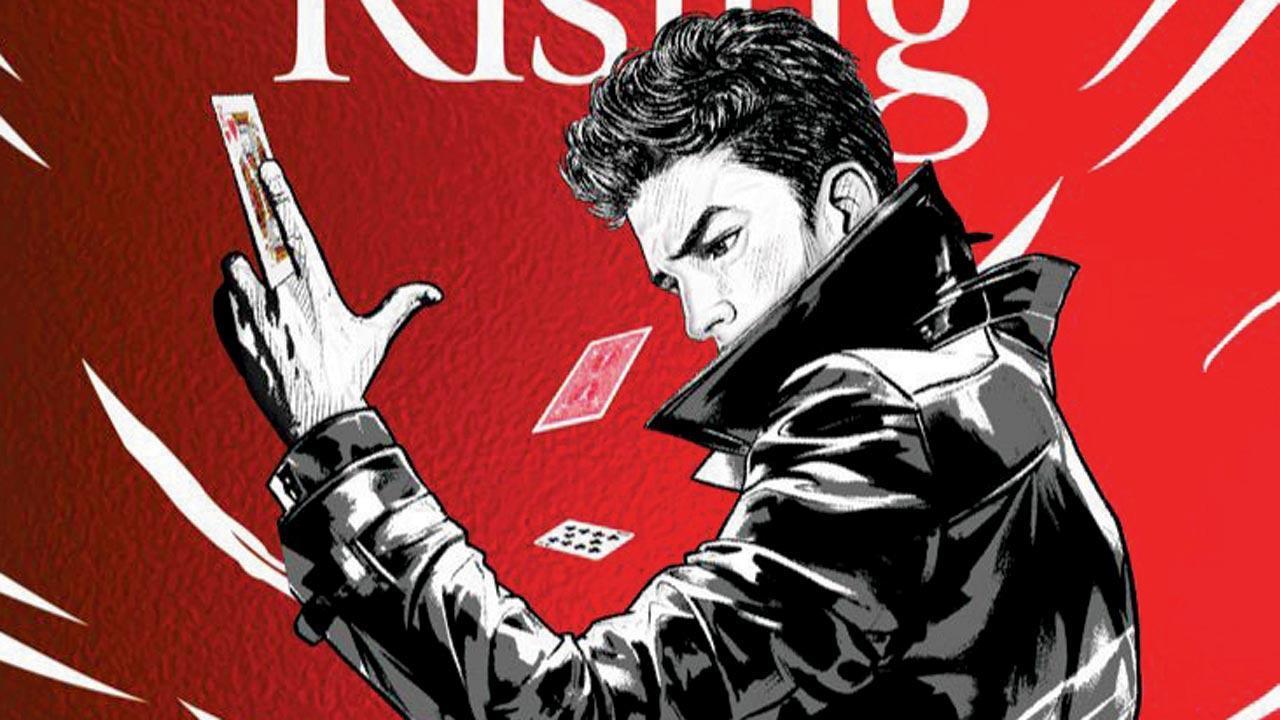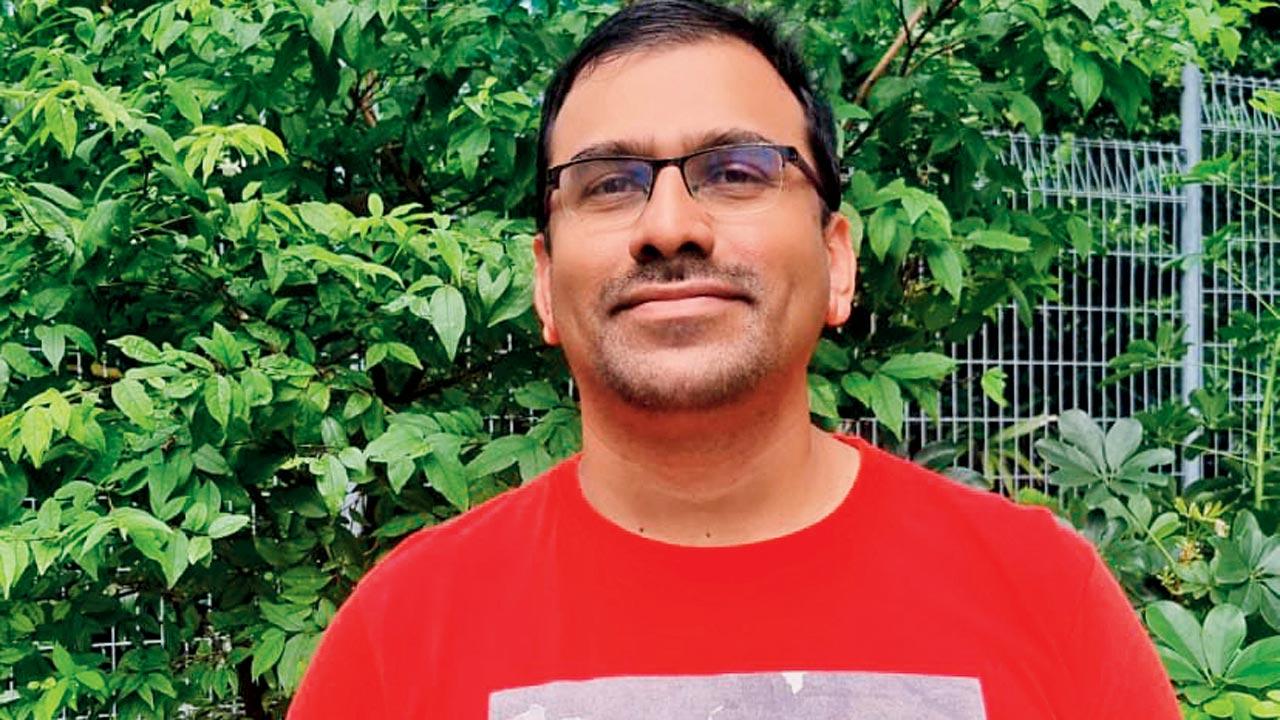Singapore-based Rohan Monteiro’s novel is a blend of mythology and detective fiction based in Mumbai

File pic
Mumbai has long been a muse for writers. The city’s character allows authors to capture and weave unique narratives time and again.
And this time, humans are not the main characters. It’s gods, demons, and spirits. Author Rohan Monteiro’s second novel Shadows Rising is a fantasy tale set in modern-day Mumbai. Though Monteiro is based in Singapore, he is a Mumbaikar at heart, and his new novel is based in the city he adores. Born and raised in Juhu, he says, “It’s the city where I have spent most of my life. I have lived in Dubai and Singapore, too, but Mumbai is the place that I have called home for the longest (over 25 years).”
ADVERTISEMENT
His latest work is a blend of mythology and detective fiction, packed together in a noir narrative. The story follows a demigod protagonist, Akran, who gets embroiled in an abduction case. Akran, who was banished from the celestial court for an “unspeakable crime”, is initially reluctant to get involved as he is looking forward to a date. However, the demigod’s sense of responsibility compels him to take up the case. As he probes further, Akran discovers that the kidnapping is linked to a larger trafficking ring, which involves gods and demons, too. Akran, a Yaksha—a type of celestial warrior—uses his unique abilities to trace the girl’s whereabouts. Supernatural elements like psychic spells and sorcery make constant appearances throughout the novel.
 Rohan Monteiro
Rohan Monteiro
Shadows Rising might not explore Mumbai in great depth, but it uses the city effectively as a backdrop for its storyline. The novel opens in a bar in Bandra where Akran is supposed to see his date. The author, who left India in 2007, makes references to many places in Mumbai when he lived here, including cafés and apartments in Churchgate and Bandra, as he tries to capture the city’s chaotic charm. “Even though I don’t live in India anymore, portraying the city wasn’t really a challenge for me as I come to Mumbai every year. Last year, I came to Mumbai thrice as my family is still there,” he adds.
Since the book is based around gods and semi-immortals, an interlude provides background on Yakshas and other celestial beings. There is context for Akran’s history and relationship with the gods, particularly Krishna. “I was always fond of mythology and fantasy. And in India, though there is a lot of mythology, there is not much mythological fantasy. I wanted to tell a story using the characters from the epics, but in a different way. Though the book is based around Hindu mythology, there is a context for everything in it. For people who know the mythological characters, it’s an add-on, but people unaware of the folklore can understand the book well, too.
Mike Carey, author of Lucifer, could understand and appreciate the book completely, even though he is not aware of the stories and the tradition,” says Monteiro.
Though infused with humour and irreverence, Monteiro’s writing is thought-provoking. He reflects on many social and civic issues throughout the book. The plot revolves around a kidnapping, which, though a universal crime, takes on specific resonance in Mumbai’s context. It talks about how the city’s 20 million-plus population sees such incidents quite frequently. His work reflects on the pressure that the “overextended and understaffed” police face in dealing with such scenarios. “I didn’t intend to highlight these facets of the city and society. These were merely some observations I made growing up in Mumbai. There’s an instance in the book that talks about the data on kidnapping incidents in Mumbai. When I tried to cross-check the data, I found that the actual numbers were much higher than what I was told. I tried to keep the book as real as possible,” he explains.
Middle-class aspirations of the city’s residents and the class dynamics can also be seen throughout his novel. “These were my own experiences. For example, when we were kids, the society’s watchmen would stop people based on their appearance. If someone looked respectable, they would let them pass. But it was different for people from a different stratum,” he says.
 Subscribe today by clicking the link and stay updated with the latest news!" Click here!
Subscribe today by clicking the link and stay updated with the latest news!" Click here!







